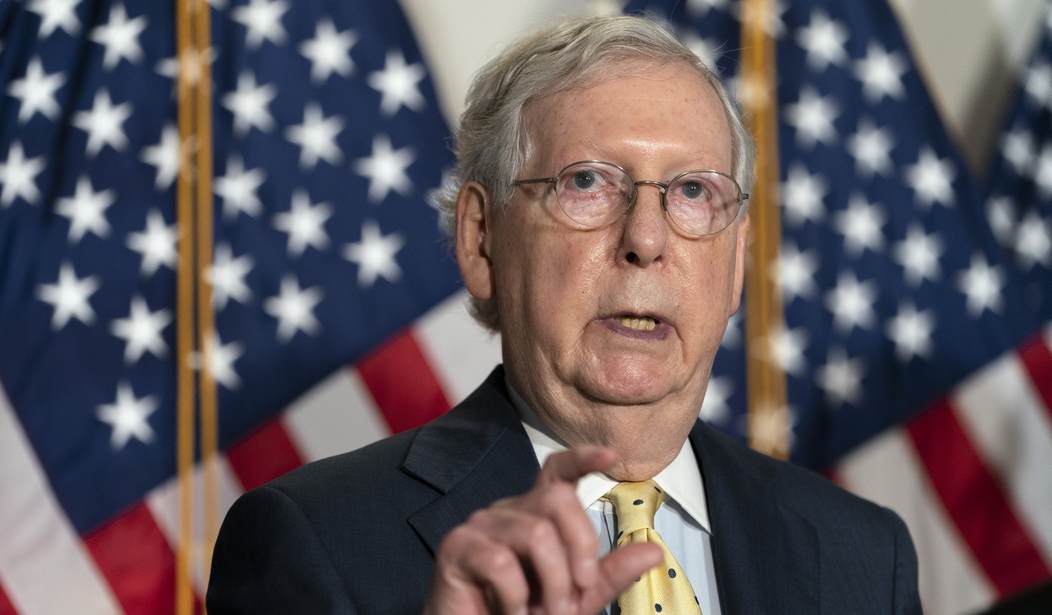The Senate passed the National Defense Authorization Act (NDAA) by an 83-13 vote, far more than necessary to override an expected veto from President Donald Trump. The House passed the bill by a similar veto-proof margin last week, setting the stage for the last stand by pro-Trump lawmakers.
Trump objects to Congress setting up a commission to study renaming bases named for Confederate personalities, and Congress’ failure to include a repeal of Section 230, which provides a legal shield to tech companies.
There are some pro-Trump lawmakers who may support Trump’s veto even though they voted for the bill on the floor. But it would be a longshot, as Trump would need 20 senators who voted for the bill to support his veto.
Republicans say there have been efforts to talk Trump down from his veto threat, which could imperil a bill that typically passes with overwhelming bipartisan support and has been signed into law for 59 years in a row.
“My hope is that if the number is big enough that the president reconsiders his threat to veto it. It’s clear what the final outcome will be,” said Sen. John Cornyn (R-Texas).
But Trump has shown no signs of backing down from trying to sink the bill, and Senate Armed Services Committee Chairman James Inhofe (R-Okla.), who spoke with the president this week, said he expects him to veto it.
There was a flurry of activity yesterday when Senator Rand Paul began filibustering the bill because of language on drawing down troops in Afghanistan. “Our main point in filibustering the defense authorization bill was to point out that the president should have the prerogative to end a war, not just to start wars,” Paul said on Friday.
Two senators who supported the bill earlier this year but refused to vote for final passage because of the Section 230 omission will probably vote to uphold Trump’s veto.
“The NDAA does NOT contain any reform to Section 230 but DOES contain Elizabeth Warren’s social engineering amendment to unilaterally rename bases & war memorials w/ no public input or process. I cannot support it,” [Sen. Josh] Hawley tweeted, referring to the Massachusetts Democratic senator.
Cotton said the bill “stiff arms” the president.
“As this massive bill was written and then rushed to a vote, some seem to have forgotten to consult with the commander in chief or recall that he has a veto power,” [Sen. Tom] Cotton said.
Neither the Senate nor the House has been able to override a presidential veto while Trump has been in office. But this time, with a deadline on passage because of a potential partial government shutdown next Friday, Congress is likely to vote to override.










Join the conversation as a VIP Member